Ever feel like you’re living in a sci-fi novel when you hear about some new policy? You’re not alone. Here’s a look at 18 British policies that seem more suited to a dystopian blockbuster than the society we live in.
1. The Snooper’s Charter (Investigatory Powers Act 2016)
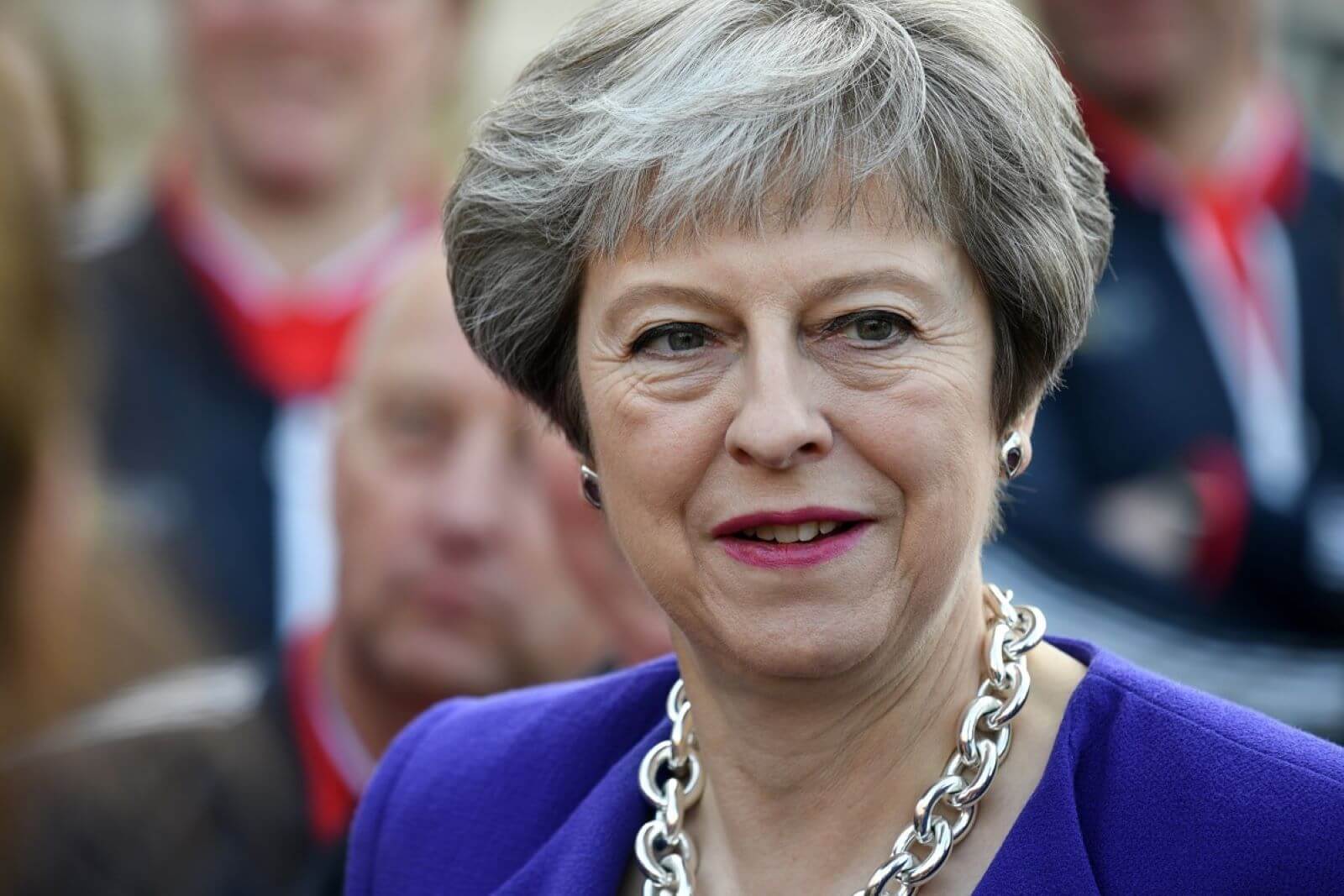
Championed by then Home Secretary Theresa May, this legislation granted unprecedented surveillance powers to the state. It not only legalized mass data collection but also compelled internet companies to keep a record of every user’s web browsing history for up to a year.
2. Universal Credit and The Five-Week Wait
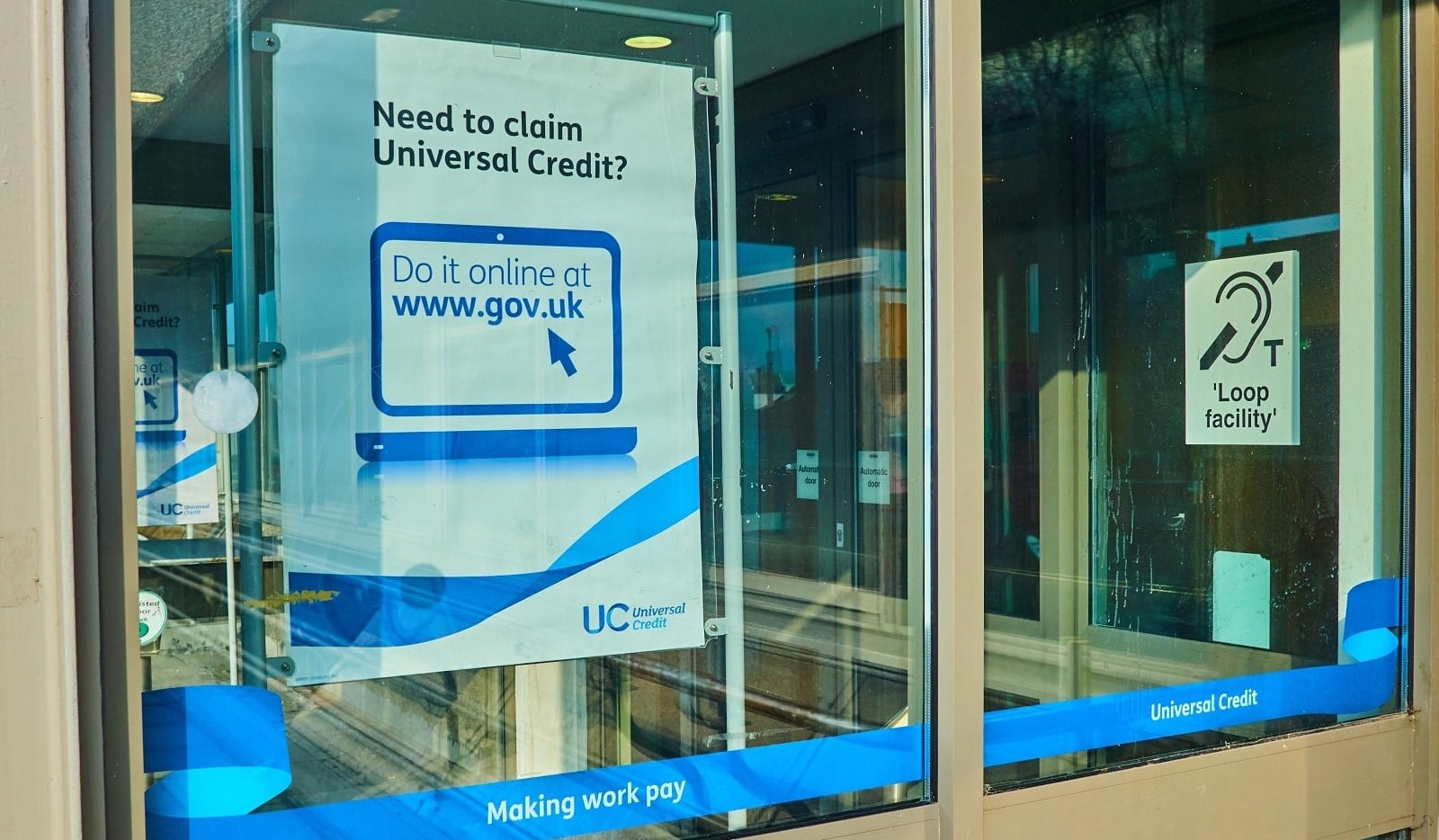
Introduced by the Conservative government, Universal Credit was touted as a simplification of the benefits system. However, its mandatory five-week waiting period for first-time claimants has been widely criticized for causing unnecessary hardship and a spike in food bank usage.
3. Hostile Environment Policy
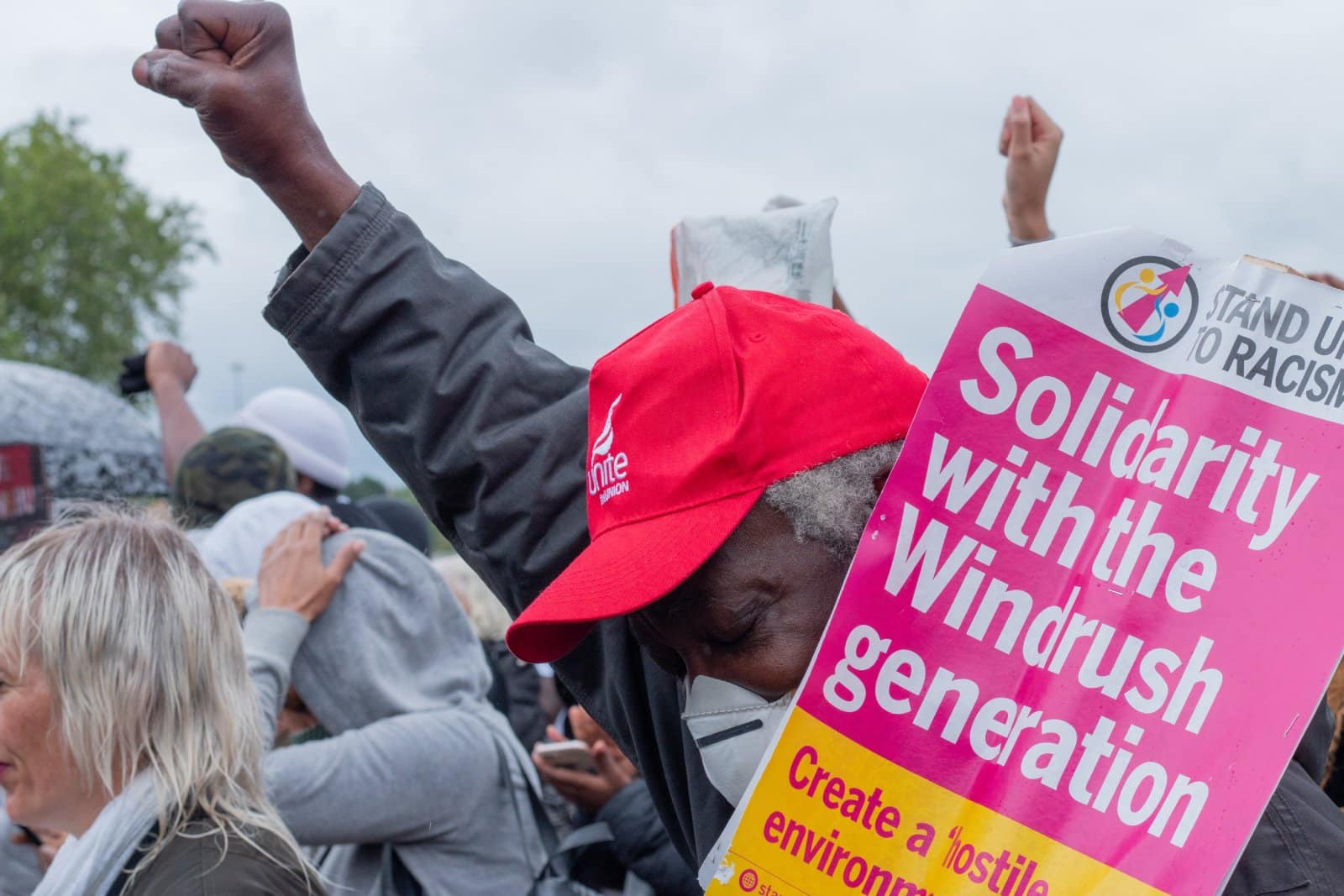
First termed under Home Secretary Theresa May, this set of administrative and legislative measures was designed to make staying in the UK as difficult as possible for people without leave to remain, leading to the wrongful detention and deportation of legal residents, notably highlighted by the Windrush scandal.
4. Anti-Homelessness Spikes

In various cities across the UK, spikes have been installed in doorways and alcoves to prevent the homeless from sleeping there. This approach to homelessness, rather than providing shelter or assistance, has been decried as cruel and inhumane.
5. Pornography Verification Law

Proposed under the Digital Economy Act 2017, this law would have required all UK residents to verify their age via a credit card or another method to access adult content online. Critics slammed it for invading privacy and potentially exposing users to data breaches. The plan was ultimately scrapped due to concerns over privacy and effectiveness.
6. Zero-Hours Contracts

While not a policy enacted by the government directly, there has been significant political support for zero-hours contracts, which offer no guarantee of work hours. This highly precarious form of employment leaves workers, many in the service sectors, without consistent income or workers’ rights protections.
7. Bedroom Tax (Under-Occupancy Penalty)

Implemented in 2013 by the coalition government, the policy was meant to free up larger homes but instead led to increased rent arrears and forced some of the poorest families to downsize, often moving away from communities and support networks.
8. The Automated Facial Recognition Use by Police

Piloted in various parts of the UK, including London and South Wales, the use of Automated Facial Recognition technology by the police has raised significant ethical concerns. Critics argue it constitutes mass surveillance and disproportionately targets minority communities.
9. Fracking Permissions Despite Local Opposition

Despite widespread local opposition, successive governments have pushed for hydraulic fracturing (fracking) in rural and semi-rural areas of England. This policy has sparked environmental and health concerns, particularly in areas like Lancashire, where local councils’ decisions have been overridden by central government directives.
10. Public Space Protection Orders

These orders, which can be instated by local councils, have been used to control behaviors ranging from begging to walking dogs without a leash. Critics argue they are excessively broad, effectively criminalizing poverty and everyday activities.
11. High-Speed Rail 2 (HS2)
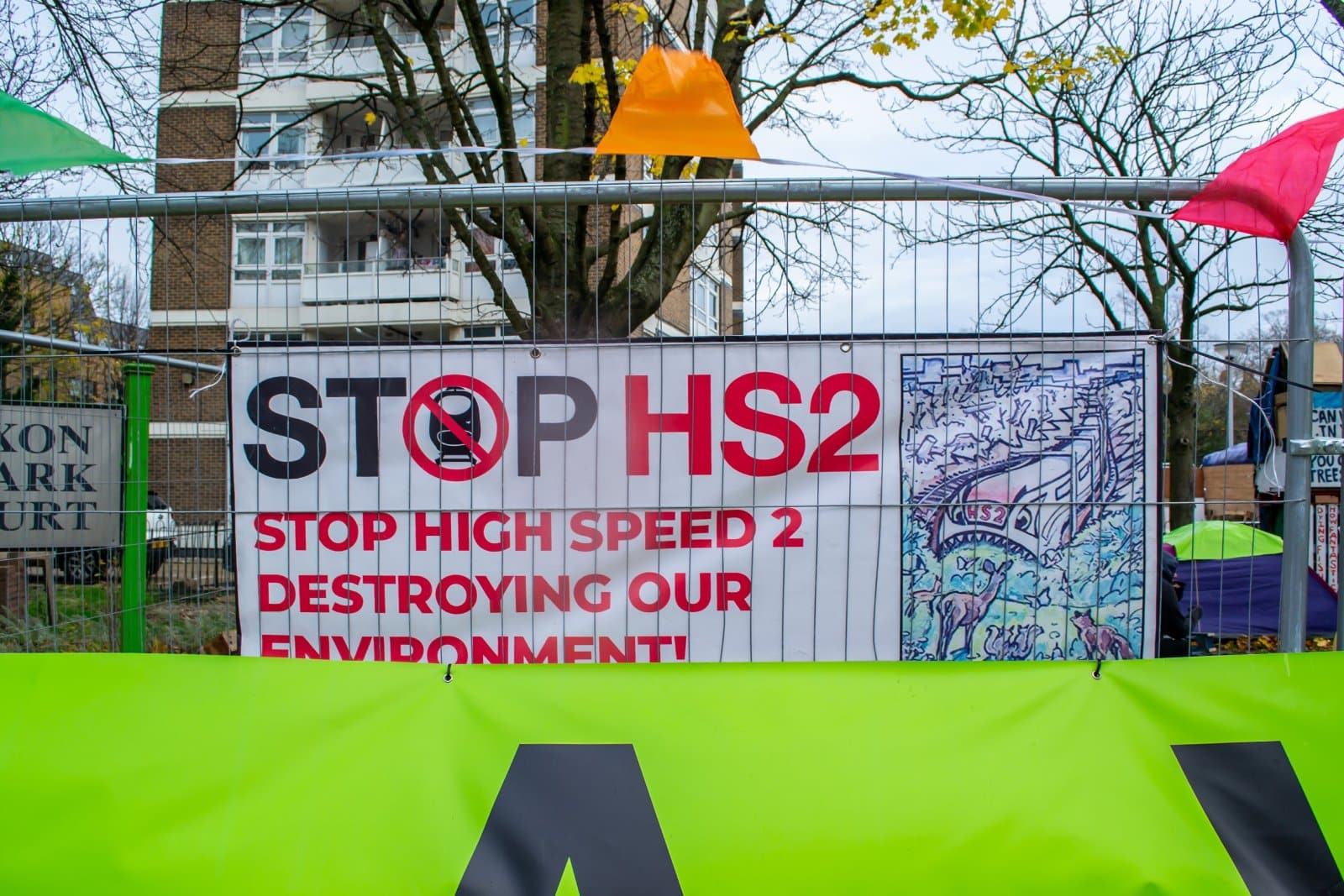
HS2 has been touted as a modern infrastructure miracle by its proponents but has faced criticism for its ballooning costs and environmental impact. The project has led to the demolition of homes and natural habitats, sparking a backlash about priorities and fiscal responsibility.
12. The Exclusion of Transgender People from Conversion Therapy Ban

The government’s initial promise to ban conversion therapy in 2018 included protections for LGBTQ+ individuals, but later announcements excluded transgender people from these protections. This exclusion has been condemned as discriminatory and harmful to the transgender community.
13. The Illegal Migration Bill

Proposed to curb the crossing of migrants via the English Channel, this bill could potentially breach international law by denying asylum seekers the right to claim asylum, according to UN officials. This approach has been seen as a draconian measure against vulnerable populations.
14. The Counter-Terrorism and Security Act 2015
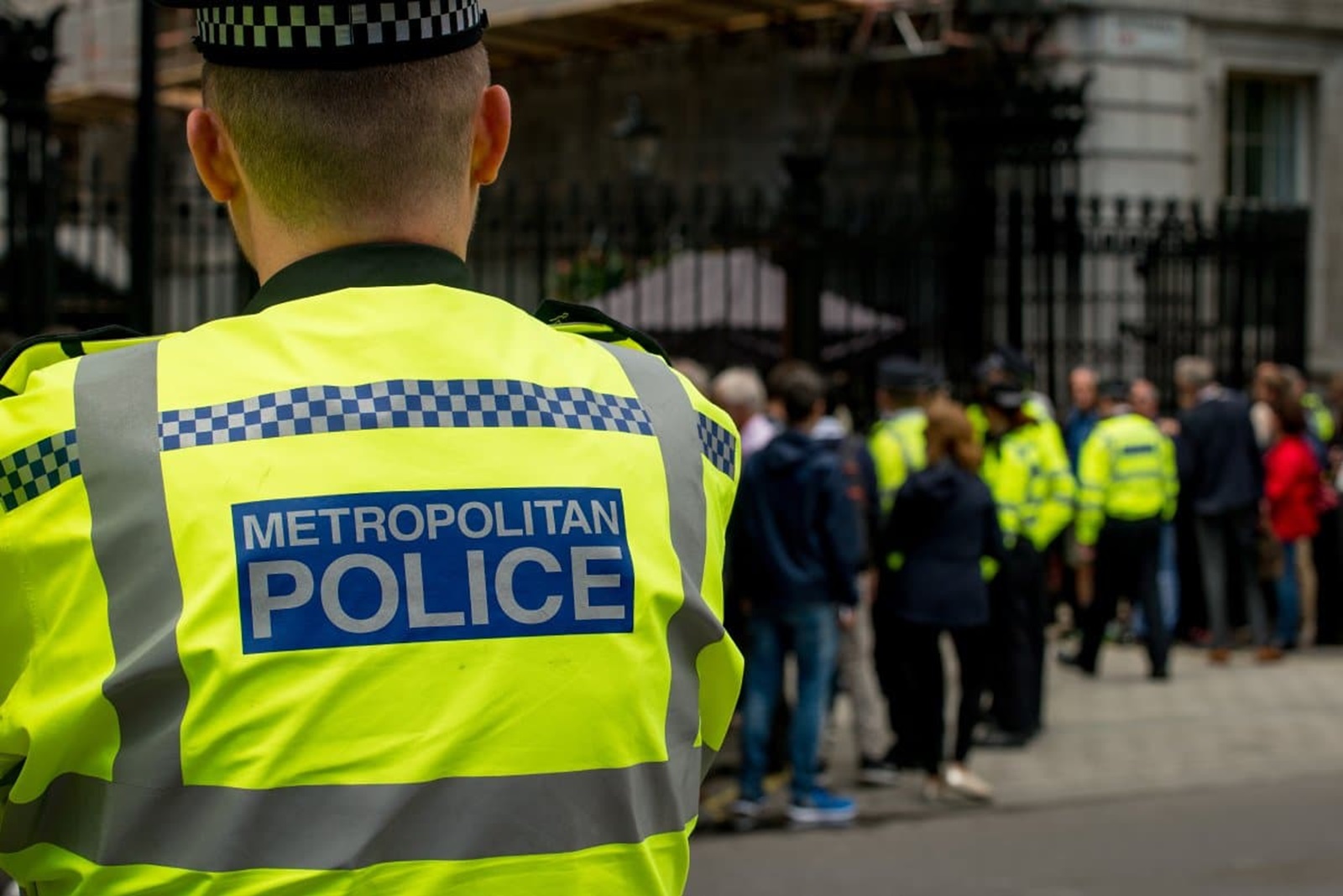
This act requires public sector workers, including teachers and health professionals, to have ‘due regard to the need to prevent people from being drawn into terrorism.’ This has led to accusations of fostering a culture of suspicion and surveillance, impacting trust in essential services.
15. The Nationality and Borders Act 2022

This act makes it a criminal offense to knowingly arrive in the UK without permission, aiming to deter asylum seekers. It’s been criticized for undermining international obligations to protect refugees, essentially criminalizing acts of seeking safety.
16. Policing Bill — Protest Restrictions
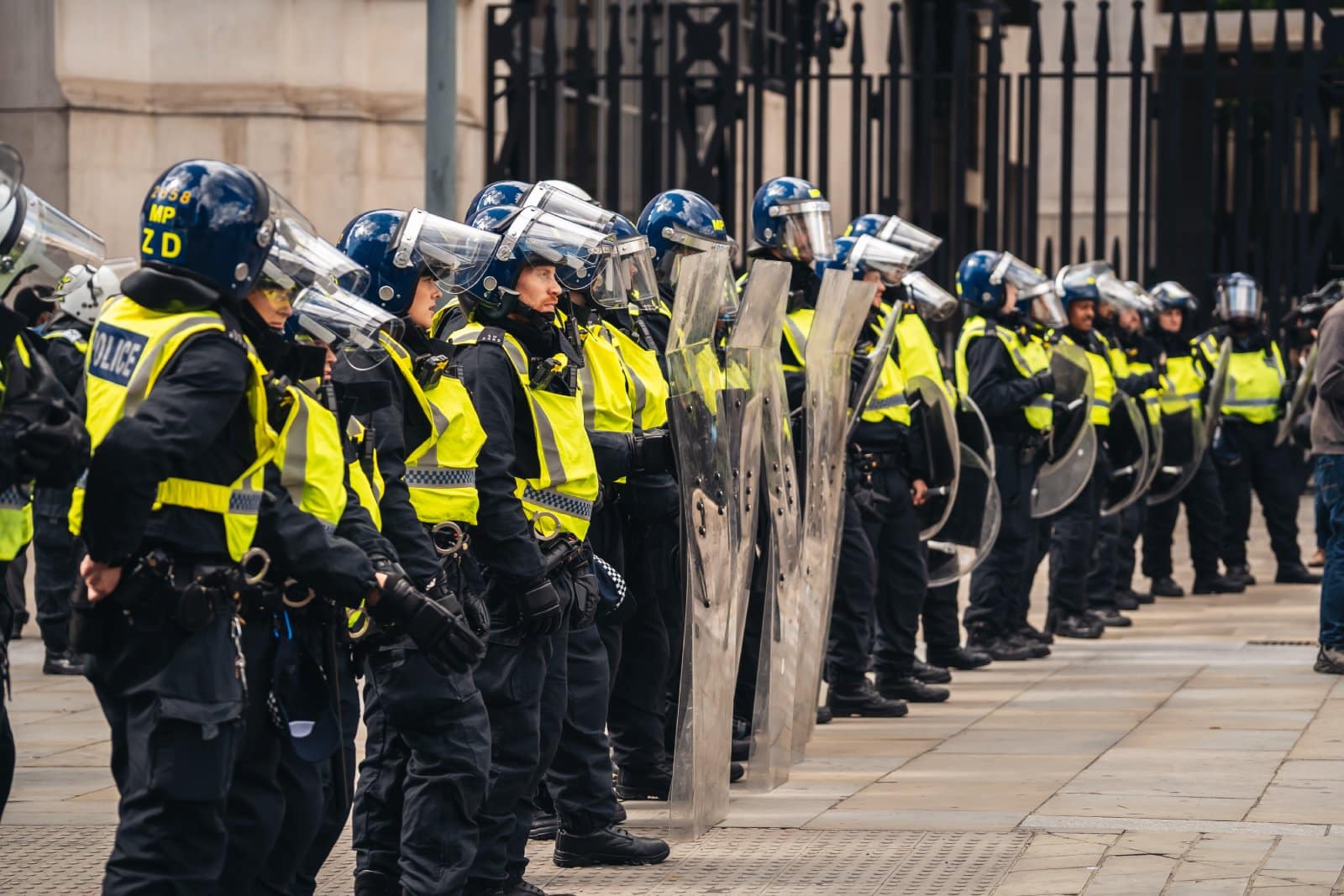
The Police, Crime, Sentencing, and Courts Bill 2021 proposes extending police powers to handle protests, including measures to limit noise and impose start and finish times. Activists argue it stifles the fundamental democratic right to peaceful assembly.
17. Fixed Odds Betting Terminals (FOBTs) Regulation

While restrictions were eventually imposed on the stakes of FOBTs due to public pressure, for many years, the government permitted high-stakes electronic casino games, which have been linked to addiction and social issues. Critics argue that the delay in regulation was a failure to protect the vulnerable.
18. The Sale of NHS Data

Plans to allow the sale of anonymized NHS patient data to private companies have raised concerns over privacy and commercial exploitation of personal information. While proponents argue it could drive medical innovation, critics see it as a slippery slope towards diminishing patient rights.
A Balancing Act

These policies reflect a tension between governance, personal freedom, and public welfare, often leaving citizens feeling like they live in the pages of a dystopian novel rather than a leading modern democracy.
The post 18 UK Policies With Disturbing Dystopian Parallels first appeared on Lists Lovers.
Featured Image Credit: Shutterstock / Yanya.
For transparency, this content was partly developed with AI assistance and carefully curated by an experienced editor to be informative and ensure accuracy.

